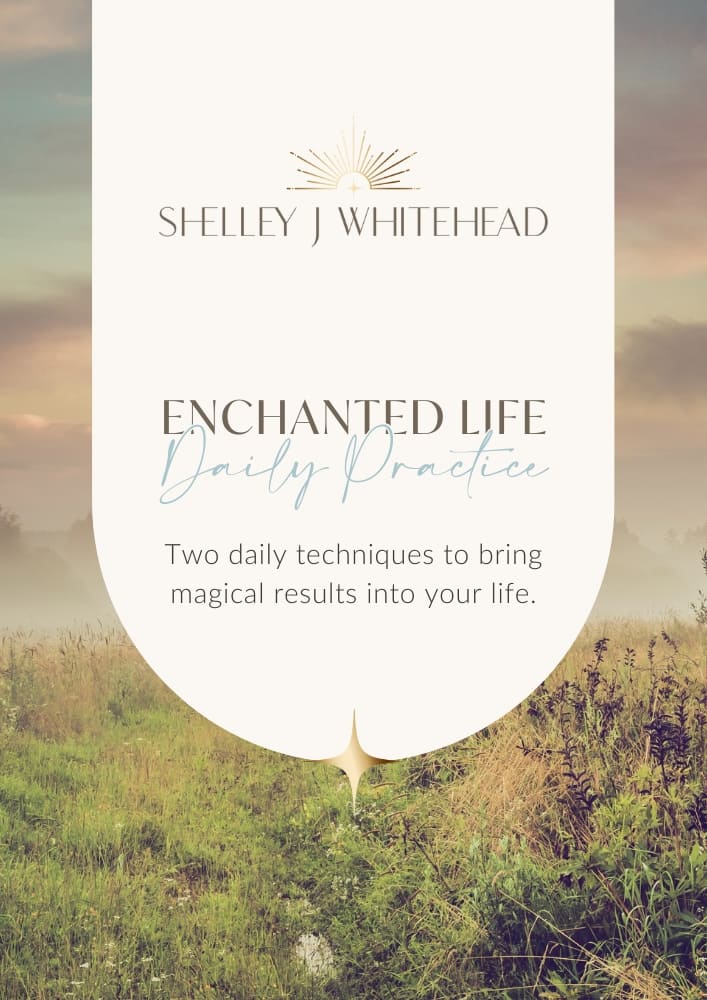Are you concerned that you might be in a toxic relationship? Are you feeling unclear about the difference between healthy relationships and toxic relationships? A few days ago, I wrote an article about overt signs of toxicity in relationships. In this article, I’m talk you through three subtle signs that are indicators of a toxic relationship.
Often, when someone comes to me for support on a difficult relationship they have found themselves in, they lack clarity about the difference between the kind of challenges that you might face in a healthy relationship and those that are signs of toxicity in a relationship.
We’ll generally work together to unpick what might be related to buried patterns from earlier years (where there may be attachment wounds or unproductive behaviour patterns that they have become stuck in from their past) and how we can differentiate those, from the signs that the relationship they are in is an unhealthy one.
One sign of a toxic relationship can be when there is no trust in the relationship
If you and your partner aren’t able to trust each other, the first question you need to ask yourself is: ‘why’?
Is this lack of trust something that has been a consistent pattern for you in relationships? Can you relate this pattern to events that happened in your early years, with your primary childhood caregivers? If so, you might want to consider doing some deeper work on the sources of this and what are called ‘attachment wounds’. Many therapists and coaches, like me, will first focus on the underlying causes of patterns, in the context of our early relationships in this way.
If, however, you have no history of attachment wounds and you are finding it difficult to trust your partner, your instincts or feelings might be giving you some important information. If there are genuine reasons for you not to be able to trust them or if the trust between you has been broken beyond repair, then it might be that you have found yourself stuck in a toxic place.
Another version of trust issues can be in the scenario where your partner isn’t able to trust you, and you have never given them any reason not to trust you. In this scenario, it is helpful again to reflect on why they might not be able to trust you. It could be that they have unhealed childhood attachment wounds.
It could also be that they themselves are not actually trustworthy. In my experience, you often find that people who lie and cheat are very untrusting themselves as their assumption is that ‘everyone’ behaves in that way. It’s often a form of justification in their own minds for their own behaviour. It’s an important one to look out for.
A second sign of a toxic relationship is when there is no ‘repair’ after an argument
It is absolutely normal to argue in relationships. You have two individuals, with two different sets of needs. Sometimes these needs are in alignment and sometimes one person’s needs will conflict with those of their partner.
A healthy relationship is not defined by never having any arguments – what is more important is how you argue. And a big part of arguing in a healthy way is that things are repaired, appropriate amends are made and the argument is properly closed.
In my work as a relationship coach, I often encounter couples who don’t know how to close an argument in a healthy way and who don’t know how to negotiate to get their needs met. That’s OK – that is something you can, with the right guidance, get better at together as long as both parties want to improve things. The problem comes when one or both individuals have no interest in seeking repair, closeness or resolution at the end of an argument but are more focused on ‘winning’ or proving a point. If I work with a couple and either party shows no interest in resolving arguments in a healthy way, that is often an indicator that there are fundamentally toxic patterns at play that might not be resolvable.
A third subtle sign of toxicity is when there is disregard for the feelings or needs of a partner
When you are in a healthy partnership with someone, there will be genuine care and interest in both directions, for the feelings and needs of each other. A total lack of care will often manifest in contempt but sometimes the signs are more subtle and might be more ambiguous.
If someone has poor boundaries, they might be so unaware of the differences between themselves and others that they have challenges understanding that their partner’s needs might differ from theirs. This kind of enmeshment can cause real problems in relationships, and is often related to an anxious attachment style, but is something that someone an work on.
Equally, someone might actually be able to understand and identify the needs of their partner, but could be worried that if they show signs of being interested in supporting their partner in getting their needs met their own needs might get overlooked and subsumed.
This behaviour can often manifest in those with an avoidant attachment style. Again, this kind of behaviour can be modified, over time, with carefully intentioned work but one fundamental question you need to ask yourself in order to know if your relationship is fundamentally toxic and that question is: do you feel that is your partner is interested in your wellbeing? If they genuinely care, then there will be motivation to work on improving ways of relating and communicating.
Why it’s important to understand the signs of toxicity in relationships
When you are looking out for these subtle signs, the objective isn’t assigning blame in any direction. It’s about seeking to understand what is going on, beneath the surface. In that way, you can make informed and healthy decisions. If there are healthy foundations to the relationship, then you can take accountability for your part in any dynamic and work on your own patterns.
If your partner chooses to grow and move with you into an ever-healthier space and if you continue to share values and can prioritise the relationship, then there is the strong chance that these signs of toxicity can be channelled into growth, together.
If there are subtle signs of toxicity without any desire for change or growth, then you might want to consider asking yourself some important questions about whether, in the long run, this is a healthy place for you to be.
Whatever situation you are in, whether you are dating or in a long term relationship, the important thing is that your own behaviour is always intentional and that you stay self-aware. Stay grounded, stay thoughtful… and make sure you are looking after your feelings and your needs.
With love,



